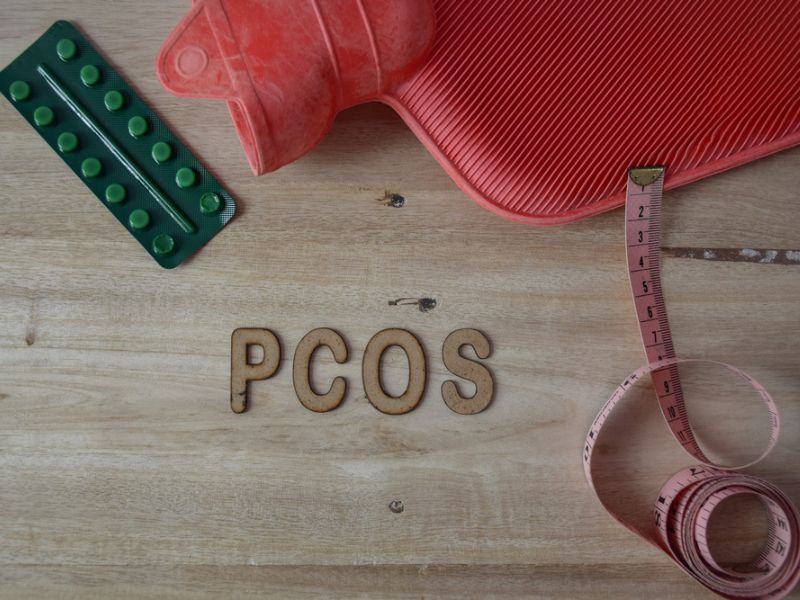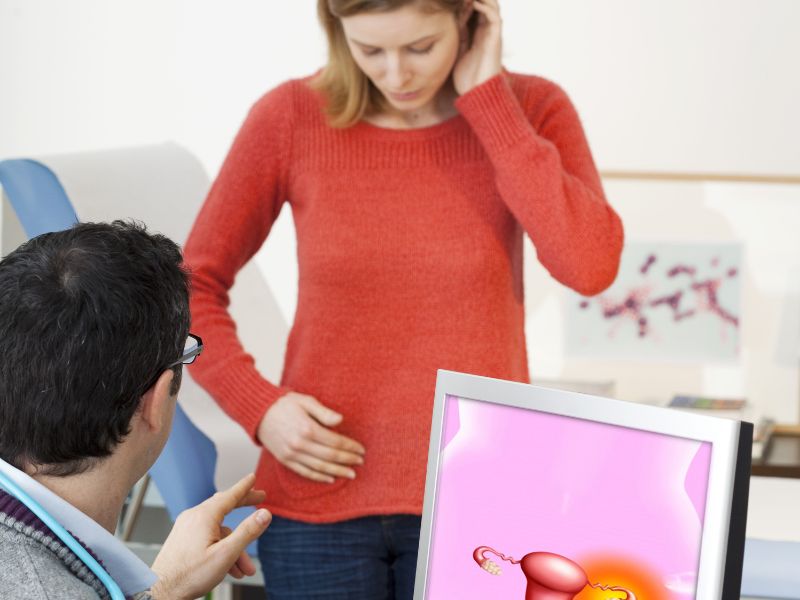Female infertility is most commonly caused by polycystic ovary syndrome (PCOS). There are different criteria for diagnosing PCOS because it manifests differently in each individual and prevents regular ovulation. At least two of the three main symptoms of PCOS must exist for a person to be diagnosed with it: ovarian cysts that can compromise ovulation, irregular or absent periods, or signs of excess androgens.

Image Credit: Shutterstock/Linaimages
How Does PCOS Affect Fertility?
Ovulatory events are rare or nonexistent in people with PCOS, which leads to infrequent fertility opportunities. Due to irregular cycles, people with PCOS may have difficulty predicting when they will ovulate.
Fertility Treatments For Women with PCOS
Various lifestyle modifications, medications, and fertility treatments are available to help people conceive. Without medical intervention, losing 5-10% of body weight can restore standard ovulatory patterns, improving conception chances. In some cases, IVF is used to help people conceive.
What Are The Chances Of Success?
As a result of injectable fertility drugs, your chances of getting pregnant increase. You have a greater chance of success if you produce more eggs from the medications and if you are older. However, you are also more likely to have twins or higher-order multiples, which pose significant risks to you and your baby.

Image Credit: Shutterstock/Image Point Fr
How Does PCOS Affect Me Conceiving?
The effects of PCOS go beyond your reproductive system. PCOS can increase a person’s chances of developing pre-cancer or cancer of the uterus because it prevents the uterine lining from shedding regularly. Even women who are not obese are at risk for metabolic diseases, including high blood pressure, diabetes, and high cholesterol.